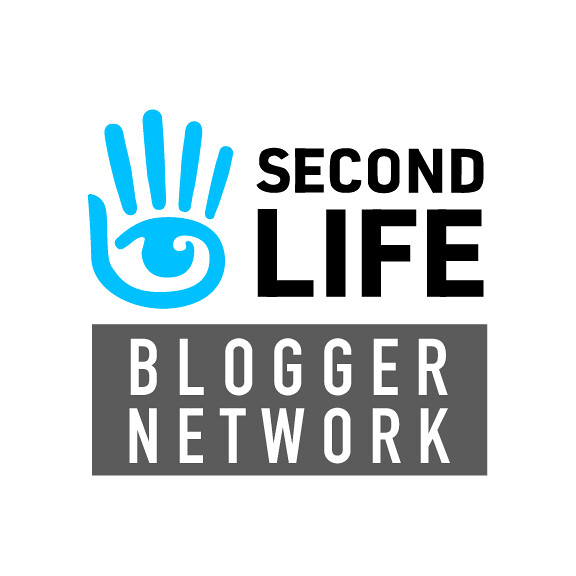Communication is a fundamental aspect of human interaction, and it is no different in the virtual world of Second Life. However, the lack of a common language among users can pose a significant problem for effective communication regarding direct interactions with other users and access to information.
According to a survey conducted by Linden Lab, the company that runs Second Life, only about 40% of users speak English as their primary language. This means many users may have difficulty communicating with others in the virtual world, leading to confusion, frustration, and a lack of engagement. Furthermore, this lack of proficiency in English also means that these users may have difficulty accessing important information within the virtual world, such as tutorials, videos, and official communications from Linden Lab.
In addition to the communication problem, this lack of access to information can also hinder the ability of non-English speakers to fully engage and navigate the virtual world. Tutorials and videos, which are often the primary source of information for new users, may not be understood by those who do not speak English. Furthermore, official communications from Linden Lab, such as updates and announcements, may also be inaccessible to non-English speakers.
One solution to this problem is the use of automatic translation tools. These tools can help users communicate with others who speak different languages by translating text and speech in real time. However, the accuracy of these tools can vary and may not always provide a perfect translation, which can lead to misunderstandings. Another solution is the use of in-world translation devices. These devices allow users to type in their message in their native language and then translate it for the other person to read in their own language.
Another option is the use of designated language-specific regions within Second Life. This would allow users to interact with others who speak the same language, providing a more comfortable and natural experience. Furthermore, providing translated versions of tutorials and official communications would also be helpful.
One potential solution to the problem of communication and access to information in Second Life for non-English speakers is the creation of official language-specific pages by Linden Lab. These pages would be managed by volunteer translators responsible for translating official communications from Linden Lab into their native languages. This would ensure that important information is easily accessible to different linguistic communities within the virtual world.
These pages could include translated versions of tutorials, updates, and announcements from Linden Lab, FAQs, and support resources. This would give non-English speakers the same level of access to information as English speakers, allowing them to fully engage and navigate the virtual world.
In addition, these pages could also serve as a platform for community building and engagement among non-English speakers, where they can share information, ask questions and discuss issues related to the virtual world. This would foster a sense of belonging and inclusion among non-English speakers, encouraging them to stay and actively participate in Second Life.
It’s important to note that using volunteer translators for this task can bring up some challenges, such as the need for a proper selection process and training to ensure that translations are accurate and consistent, as well as the need to provide adequate support to the volunteers. Furthermore, it is important to involve the different linguistic communities in creating these pages to ensure they are tailored to their specific needs.
Overall, the creation of official language-specific pages by Linden Lab, managed by volunteer translators, could be an effective solution for overcoming the language barrier in Second Life, ensuring effective communication and access to information for all users, regardless of their language proficiency.
Sign up for our newsletter now!







